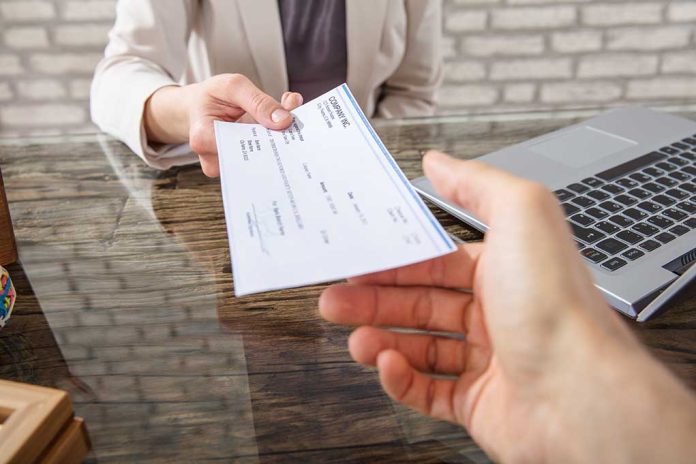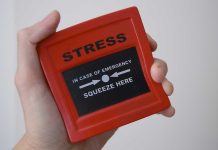
(DailyDig.com) – Yes, even if you are in bankruptcy, you can create a checking account. Nothing in the bankruptcy law prevents a bankruptcy petitioner from opening a bank account.
Debtors who file for Chapter 13 bankruptcy usually don’t have to worry about their checking accounts being affected. In reality, debtors can create new bank accounts and have planned payments automatically taken from their bank accounts each month under the Chapter 13 plan.
How Does Chapter 13 Bankruptcy Work?
Chapter 13 permits debtors to retain bank account funds in excess of the authorized exemption amount as long as the additional monies are incorporated into the Chapter 13 plan and repaid during the plan’s term. Unlike Chapter 7, the goal of Chapter 13 is not to liquidate debts but to repay them through a Chapter 13 plan, which can be three or five years long. One of the primary advantages of the repayment plan is that it permits debtors to keep their assets after filing. In contrast, when a debtor files for bankruptcy, the bankruptcy trustee automatically becomes the owner of the debtor’s assets.
This implies that Chapter 13 debtors may open their bank accounts without giving up any non-exempt assets upfront. Chapter 13 permits persons with sufficient income to settle all or part of their obligations as an alternative to liquidation. It’s bankruptcy for people whose main issue is coping with creditors’ requests for prompt payment rather than a lack of funds. Corporations and limited liability companies (LLCs) are not permitted to file Chapter 13. Stockbrokers and commodities brokers are likewise barred from filing for Chapter 13 bankruptcy, even if their obligations are personal.
Many individuals consider bankruptcy court to be the last stop on the road to financial disaster; the only choice left when paying off debts becomes unattainable. Even in bankruptcy, there is hope, and Chapter 13 of the federal bankruptcy statute provides the closest thing to a gentle landing. While bank accounts are preferable to check cashers and piggy banks, consumers should know that banks charge fees. When using a debit card at an ATM that your bank does not own, for example, you will be charged. In addition, depending on the type of account a customer has, consumers must keep a specified minimum balance to prevent being charged. It’s usually a good idea to browse around for the most outstanding product for their requirements to avoid financial hardships.
Copyright 2022, DailyDig.com













